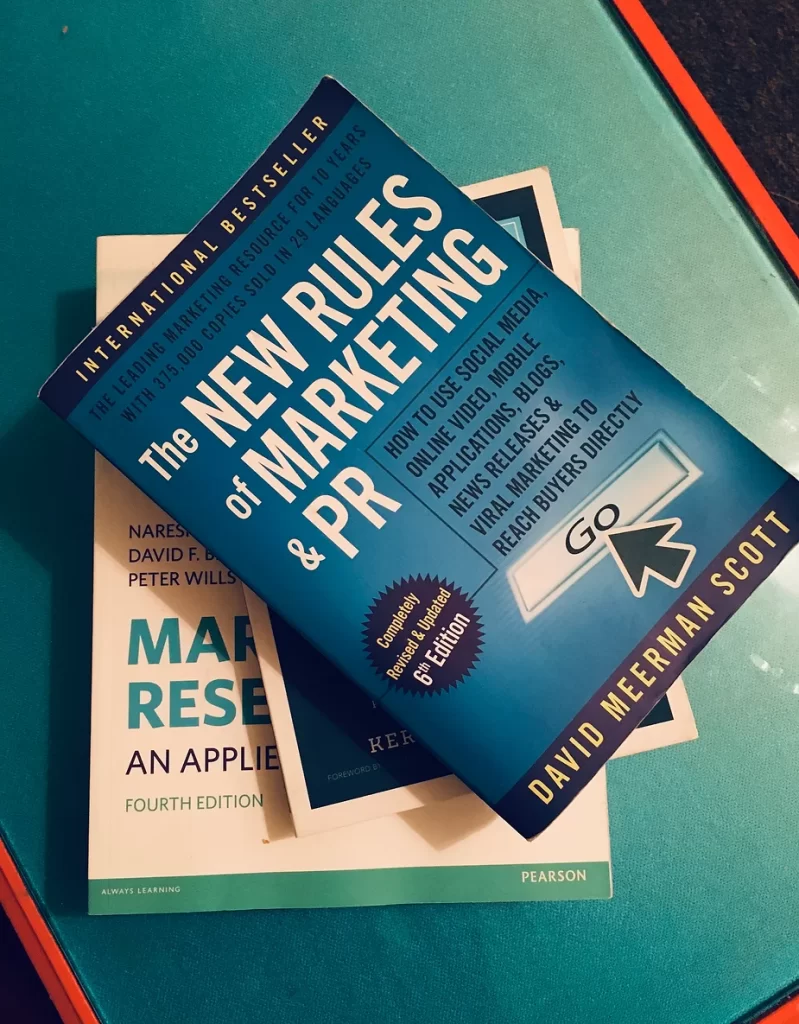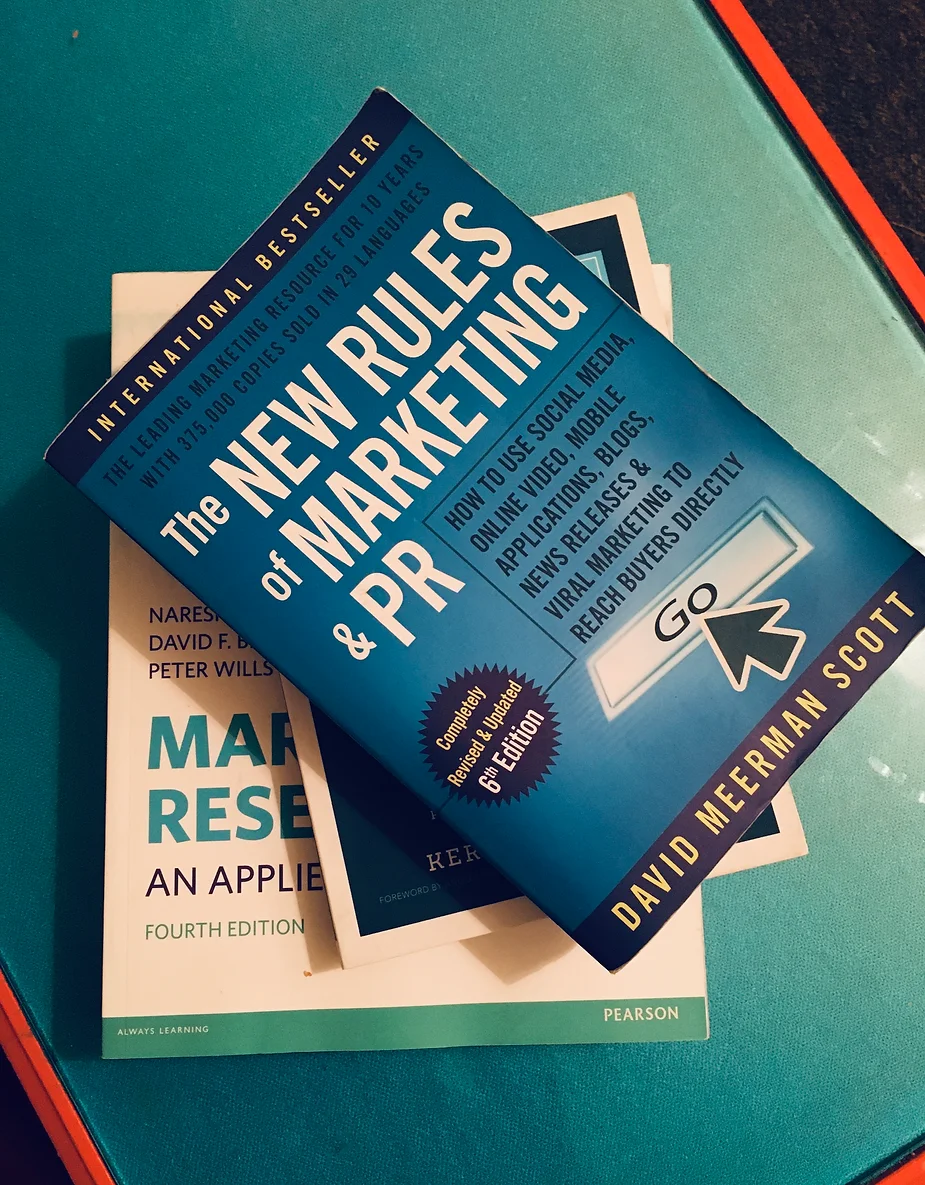Updated: Sep 11, 2021
Since I setting up my agency in July 2019, time and time again I’ve had to explain why online content is essential. Content marketing is nothing new. It simply refers to brands looking to create “valuable, relevant, and consistent content to attract and retain a clearly defined audience.”[1] But with today’s unstoppable digital innovation, online content is now more important than ever before. Firms who do not take it seriously are at risk of losing a world of potential customers.

The necessity of fresh and relevant copy can be so baffling for some traditional firms and businesses. It’s not “selling” in a hard way, so why bother right? These businesses may tend to rely on more dated promotional techniques such as print advertising, aggressive sales messaging or trade magazine listings. This approach may have generated sales in the past, in the same way that door-to-door salesmen with hoovers used to be the best selling technique for 1940s housewives.

1. Your customers are ignoring your online adverts
We’ve now entered a different marketing era. Today’s savvy digital consumer blocks out ads effortlessly and discards sales pitches almost automatically. In 2016, marketers in the UK wasted more than £600 million on ads that were never seen by a human[2]. This generation of consumers is suspicious of sales tactics, and ignores paid ads when they search for information. One study shows that only 9% of digital adverts are actually seen by a human, and even then, the time spent reading averages at less than one second[3]. By contrast, people will spend an average of 123 seconds reading your long-form content (more than 1000 words), and are 25% more likely to recall your brand later[4]. They are also far more likely to find and trust your brand, by looking for helpful answers to their questions. Online content is the new kid on the block. And, given that is costs 62% less than traditional marketing but leads to three times as many leads[5], it’s easy to see why.
2. Your customers are looking for online content
Regular content builds trust with readers in a way which is sustainable. But for this to work, you need to get rid of the old-school hard sell and focus on your customer as a human. Once you do this, you are an expert in the field offering free advice, rather than a slimy ad trying to part them from their hard-earned money. Customers who are looking for a solution to a problem such as “how to fix frizzy hair” or “Christmas presents for in-laws” may very well be interested in your product. But they want to hear it from an experienced and impartial expert, not a sales pitch. In fact, 90% of consumers find that online video content about a product informs their final decision[6]. Furthermore, B2B (business to business) firms who incorporate blogging receive 67% more leads than those that don’t[7]. After all, when a customer walks into your business, you want them to be greeted by helpful experts. Not somebody who blindly shouts about how good your product is.

Brands have been catching on to the impressive return on investment and the appetite for high quality B2B and B2C (business to customer) content is becoming insatiable. Particularly among the most forward-thinking firms. For example, Apple Inc’s content strategy is focused on producing programmes for children[8], rather than hard selling its products to adults. Where is the link? Where is the hard sell? There isn’t an obvious link or sell, and that is the beauty. Customers come willingly to their brand with a feeling that they are not being hoodwinked into buying products. Because they are not. The best practice method for content marketing is known as the 80 / 20 rule[9]. 80% of your content should be about helping, entertaining or inspiring the customer, only 20% should be about your product or service. There are some wonderful examples of this, such as campaigns by Ikea and Dove.
Across the U.S., U.K., Canada and Australia, the number of content jobs created soared by 33%[10] last year. The rise in SEO related roles was even more staggering, with a 43% increase of positions since 2017. How did this come about? Why are freelancers, copy writers and content teams so essential for today’s successful businesses? Why is it so important to have this side to your business? Essentially, these are the same questions as, “why should we have a website?”, “why should we promote our product?”, “why should we have any sort of personality?”. Your website is your new shop door, it has to be accessible and open. How are your customers going to find you if you are on page 23 of google, with no engaging content to offer them? A successful sale in this way would surely be more about luck than strategy.
3. Your online brand is more important than your high street one
Think about it, how often do you search online for information compared to searching on the high street? Say you wanted to find out how to mix a delicious raspberry martini, would you walk to your nearest cocktail bar and awkwardly ask a bartender? Or would you have a quick google and get shaking? If you head to the high street before checking your smart phone, you may be in the minority. Bricks and mortar shops have seen a drop in the number of customers entering their doorways, which has fallen by 10% over the past seven years[11]. In fact, experts are predicting that an eye-watering 95% of all our purchases will be online by 2040[12]. By contrast, a company called Body Applicator Wraps increased the number of people visiting their site by 18,867.14%[13] in a year. They did this by simply making sure that the website followed SEO best practices and that their content was fresh and relevant.

Your website will drive and deter your footfall more than any shop can. Your website opens the door to the 4.33 billion people worldwide who have access to the internet[14]. Why wouldn’t you open it as wide as you possibly can? Using regular content to get to the first page of google search results, and building content to suit your client base is one of the very best strategies to accomplish this.
4. Without content you are giving potential customers to your competition
If you do not take advantage of the niche keywords that your customers are typing in, your competitors probably will be, even your company name. Some strategies include creating content which deliberately misspells a competitors’ name to pick up on customers who typed the company incorrectly, or content on “cancel” keywords[15]. For example, I just typed “cancel wonga loan” into google, and found a range of alternative payday companies jumped up on the results page, looking to sweep up customers. There are some keywords which are very desirable, which both you and your competitors should be reaching for. Within my field of work one of the most sought-after keywords is Stocks and Shares ISA. If you don’t fight for these keywords, then you make it easy for your competition to completely shove you off the first few results pages. You will then have to work extra hard later to get a look-in.
5. Building trust and expertise vs. being overtaken by competitors
Over 89% of companies are using content marketing to grow their brand, it’s the new normal. Clients will come to see you as uninterested, old fashioned and disengaged if you are the only one not doing this. Doing it will build your reputation[16], not doing content marketing can harm your reputation. Evergreen content lasts forever and helps to encourage trust and faith in your brand.

Nobody likes a showoff, people much prefer things which are useful, funny or inspiring. So why are some brands still advertising in such a loud and unhelpful way? In his book, “The New Rules of Marketing and PR”, David Meerman Scott makes a brilliant analogy. He invites you to imagine yourself at a cocktail party. With a glass of bubbly and a nibble in hand you are working the room, mingling with the guests. One guest stands in the middle, loudly bragging about his list of attributes without listening to you at all. I’m sure we’ve all met a few people like that, you pass the whole night holding back tears of boredom while they don’t ask you a single question. You manage to slink away, and keep mingling. You encounter another guest. This one ask you about what you are interested in, and offers useful and helpful advice on the topic that she is an expert in, build around your needs. At the end of the night, which guest would you like to see again and do business with? Probably the one that helped you. This is the psychology behind content marketing, such as with podcasts, articles, white papers and blogs. Yes, they don’t scream “BUY THIS PRODUCT” and that is very deliberate. It’s not a pitch, it’s a useful and helpful way to build a relationship with customers. And it works.
… Are there any exceptions?
So are there any circumstances where you don’t need an online presence? Well… If you think that your perfect target customer will stumble by chance upon your office and find you, I guess you don’t need any online content. Fair enough. Stop reading, you’ve won. If you have loyal and immortal customers who will stick with your business come hell or high water, then you don’t need online content. If you have a small local business where your regulars recommend you by word-of-mouth and you are overflowing with demand, then happy days, you don’t need online content. However, if you do want new and existing clientele to find you online; if you want to build trust and expertise; if you want to find out more about what makes your customers tick… you need regular online content. You just need it. The idea is simple, but the results can be stunning.
Help new clients find you by creating content they want to read
33% of all search engine traffic[17] goes to the very first result on a search engine page, 18% will go to the second result. After that the clicks are incremental and very few people will keep looking through the pages.
Most of my clients and prospective clientele are in the financial services sector. Their ideal highly engaged client could be googling “buy preference share” and if they are not in the first page, they simply will not be found. It’s that simple. Between 11 – 50 people in the UK alone type this exact search term into google every month. How many potential clients are actively looking and not finding them? Not everybody will knows the name of these companies, and so they need to be visible with product keywords and content. This is where regular articles and blogs come into play.

Businesses need consistent, fresh, relevant content to rank highly on google. Depending on how competitive the industry is, one or two blogs in a blue moon may not be enough, it needs to be between one to five per week. Google loves frequent and engaging content[18]. This is how you move yourself further up the Search Engine Results Page (SERP) and into eye line of your prospective clients. A focused SEO strategy which tackles these search terms means that interested people will learn who you are and begin to trust you as an expert in the field.
And now… the inevitable plug …
If you want to further drive traffic to your website with engaging online copy, it’s easy to get started with Hannah Duncan Investment Content.




